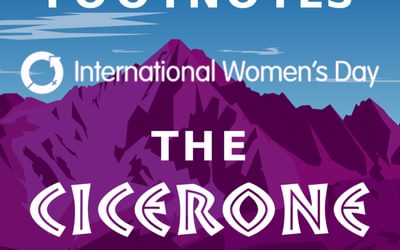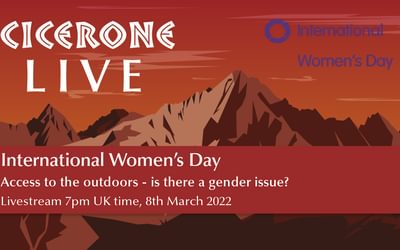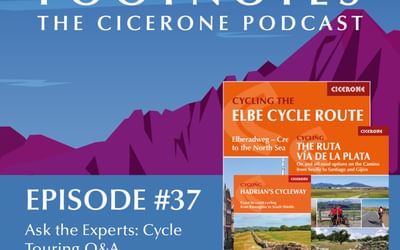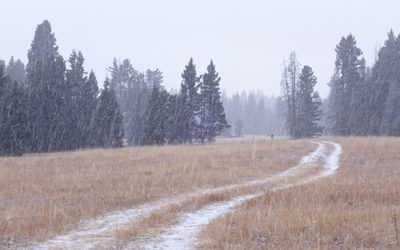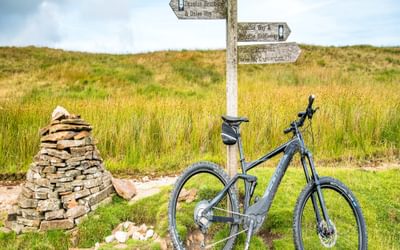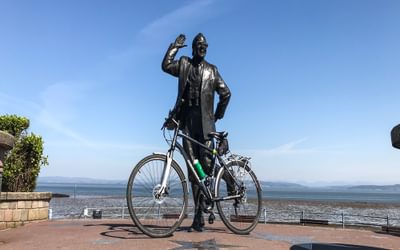Travelling solo: a female long-distance cyclist’s reflections
In the final article in the series, around-the-world adventure cyclist Cressida Allwood describes her journey from the solo female traveller perspective. She tells us about some tough encounters and outlines her preparation for the solo trip.
If I’d been told when I was younger that as a middle-aged woman, I would chuck in a secure job, rent out my house and set off for an unspecified amount of time on my own to have an adventure, I would not have believed it. Solo travel? Nope, not me: I’m far too sociable. Isn’t that for people who have no friends?!
At 44 years old, the drive to have an adventure before I was too old, (ie. physically and mentally lacking motivation) had become too strong to ignore. The fact that I would be doing most of it solo was no longer a psychologically limiting factor. Nothing – bar injury – was going to stop me. Having led many overseas expeditions and undertaken numerous adventurous self-planned trips with friends/partners, I’d accumulated a wealth of knowledge and experience. I knew how to plan and prepare myself. I had kit, could fix a bike and had done plenty of research. Renting out my house, leaving my job and planning the initial months away were far more stressful than the actual travelling.
Solo cycle-touring provides rich and precious alone time that we rarely experience in life. Solo female cyclists are a rare breed, it seems – yet we are just as capable of exploring, being courageous and having fun. Regardless of age and gender, solo travel is a brilliant way of experiencing a diverse and exciting world. I’d thoroughly recommend it – even if it’s only for one day of your life.

Preparing for my trip
Start small to build confidence
Before departing I undertook a bite-sized solo adventure relatively close to home. Having commissioned a hand-built bicycle (thanks, Chaz Roberts*, for my bomb-proof steed, ‘Muriel’) I spent a holiday cycling across the Pyrenees: my first solo trip. I wanted to know how I’d fare without the support of others, carrying a fully laden, ridiculously heavy touring bike. I was reasonably confident in my ability to communicate (I didn’t speak Spanish, but figured I’d get by in rusty French). I was travelling in Europe. It couldn’t be too difficult, surely?
My outlook served me well. Although initially slightly apprehensive, I settled into a routine, discovering that I could spend time alone quite happily. Significantly, I learned that it was important to allow rest days. In my enthusiasm for riding endless hills, I’d forgotten to build in down-time. Five days into my journey, I found myself at a gorgeous camping spot and decided to rest, eat out and explore. However, this meant I had one day less on the bike to cover a large distance. I paid the price – literally: unable to face riding too many passes in 24 hours, a taxi ride the next day cost me a fortune! Needless to say, lessons were learned.
I knew upon completion of those eight days that a longer trip was possible. It didn’t matter that I wasn’t a regular club cyclist, that I didn’t do hill training or adhere to any of the technical aspects of training. I’d read a guide book, bought a map, estimated the daily distances I could cope with and had a few ideas about campsites. Most crucially, I kept a positive mind-set. It was within my capability. I revised my opinion of solo travel: maybe it was for me after all…
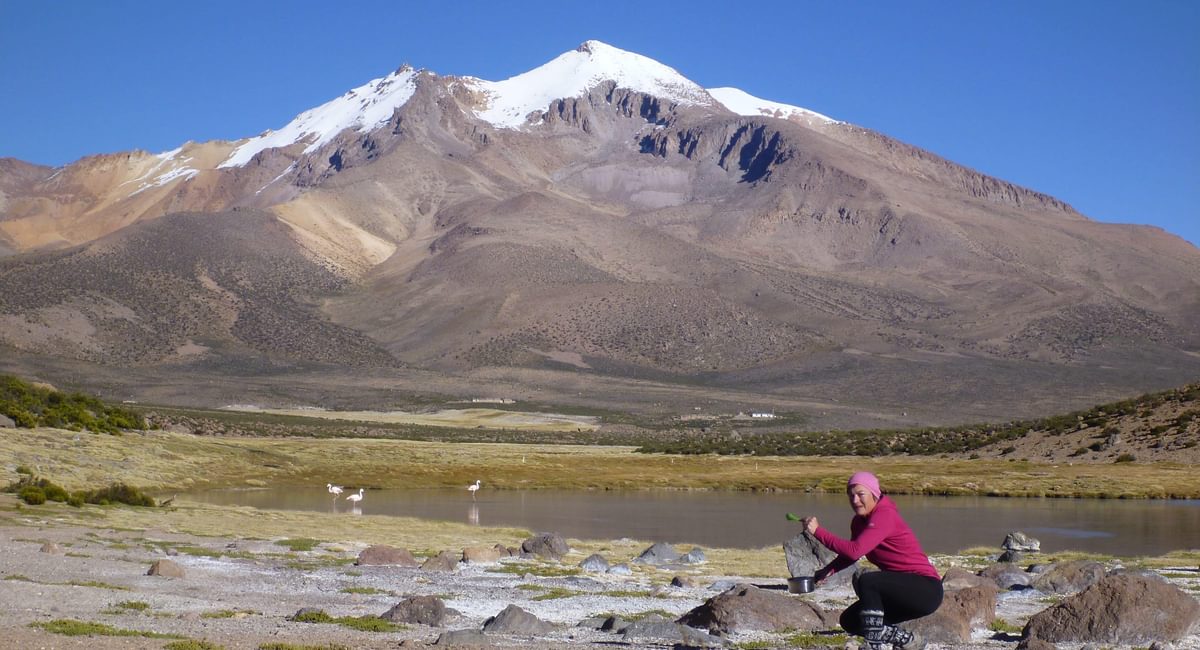
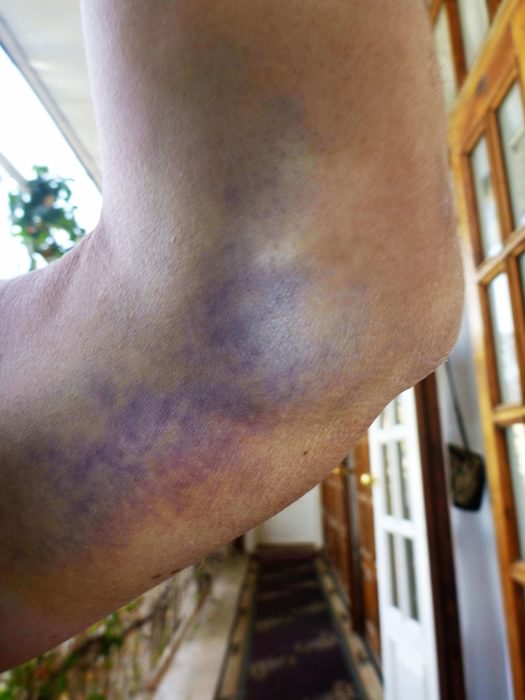
Self Defence Classes
As for many women, my darkest fear about travelling alone was the risk of being attacked. Improving my knowledge of self-defence prior to departure seemed a prudent move. Luckily, a work colleague helped me out: we would spend an hour or so practising skills in his office after work. Holding my head teacher in a headlock whilst hitting him repeatedly probably didn’t look great when we were interrupted by a startled member of staff one Friday afternoon, but the skills I acquired were much valued and appreciated.
The old adage ‘prevention is better than cure’ certainly pays dividends. Scanning the environment and being alert to signs of danger, whilst respecting cultural norms regarding dress-codes and behaviour, will often be enough to keep you safe. If you’re wearing lycra and vest-tops, in many continents I personally think you’re likely to attract unwanted attention and would advise caution.
As for cycle accidents, when a car clipped my rear pannier in Uzbekistan, knocking me off, I was more concerned about my bike than my body. Maybe as a result of a particular upbringing (unless you’re at death’s door – get on with it!), the slightly chipped bone in my left elbow and the fact that I couldn’t lie on my coccyx for six weeks seemed minor injuries. Certainly not worthy of a hospital visit – not that there was a medical centre in sight! Importantly, I could still ride and the buckled front wheel was fixable.
Kit
Female-specific kit is easy to come by these days. I’m not a fan of ‘shewees’ myself, but looking after your body is central to success. Health and hygiene were never a real issue for me, even far off the beaten path. Bathing tired limbs in natural hot springs in remote South America, with not a soul in sight, was luxuriously soothing and stupidly liberating. I didn’t stretch enough (criminal for a former PE teacher!) and only upon my return did I realise that I had, in fact, been suffering from piles (so that’s what that pain was!). Chamois cream may well have helped, but it didn’t stop me riding most days. I still recommend a Brookes saddle.
I took a lightweight summer dress: rolled up, it took little space in my carefully thought out pannier wardrobe. With my Burt’s Bees pink shimmer lip-balm, I felt more overtly feminine the few times I wore dress and lippy together: small touches, yet important ones for me, as so many of my daily routines required deeply practical considerations (for example, pitching my tent by drainage diches on the curves of Andean roads to ensure minimum effort, yet maximum safety).
Bike maintenance
Bike maintenance is often pretty simple: you don’t need special skills, just a bit of practice to boost faith in your abilities. Lack of knowledge can easily be remedied if you’re motivated to travel alone. Knowing how to spot a dished rim, why and how to use a spoke key, change sections of chain etc is useful for any cycling trips. Do clean, lube and check your bike regularly. (I carried various spare parts and ditched many of them along the way.) My top tip would be to ensure that you have the correct length screws to replace worn out ones on pannier racks. I hadn’t really clocked that front and rear racks (Tubus) require different length screws until I needed to change one. Finding out that you’re not as organised as you’d like to believe can be annoying. That’s where a brilliantly supportive friend at home can be your best asset. A call home to share such seemingly inconsequential stories can significantly boost your morale. If they happen to post spares to a future destination because you’ve failed to hunt down a hardware store in your remote dusty part of the world, it’s definitely a bonus.
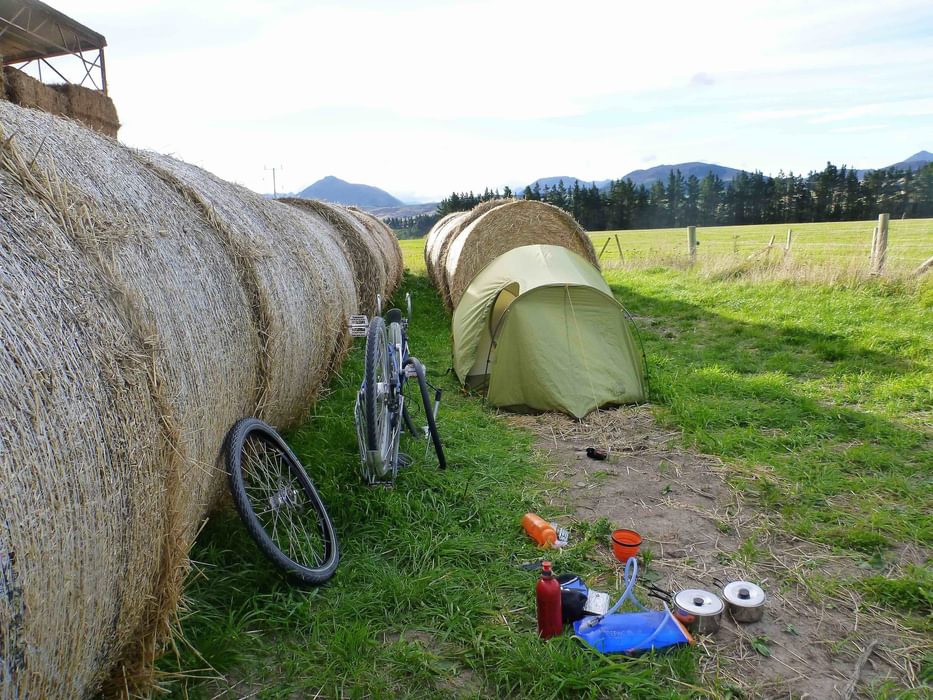
A support system back home
For the most part, I didn’t call home. I did however benefit from the dedicated support of a few key individuals at various times. They know I am eternally grateful and will of course reciprocate. I carried a ‘SPOT tracker’** with me to alleviate concerns about my safety and whereabouts. I have no idea how often my sisters took notice of the automated grid-reference text alerts informing them of my location, but it served a purpose, meeting their need to know where I was. Conversely, the knowledge that there were a few people in the world who loved and cared about me – regardless of where I was – kept me going when times were tough.
The reality?
I loved every bit of my solo cycle tour. I spent many months on my own, interacting with strangers when I felt like it and making friends in numerous countries. More often than not, I was in my element. Each time I was fearful, I learned something new from my experiences and emerged better equipped for future adventures.
Instinct
One mistake in South America caused me considerable mental distress. In hindsight, I had ignored my instinct. Riding the spine of the Andes through Peru, I stopped after a long day at a beautiful site on the side of a valley. I asked the hostel owners if I could camp in their lush garden. Being extremely friendly, they said of course, but didn’t I want to stay inside? I was offered a room and informed that they’d be delighted for me to stay, without cost. Initially, I felt mildly disappointed as the camping looked stunning. However, a proper bed would be welcome after a draining day of continually winding my way uphill, and it would save me time in the morning. I agreed and took myself off to bed fairly early.
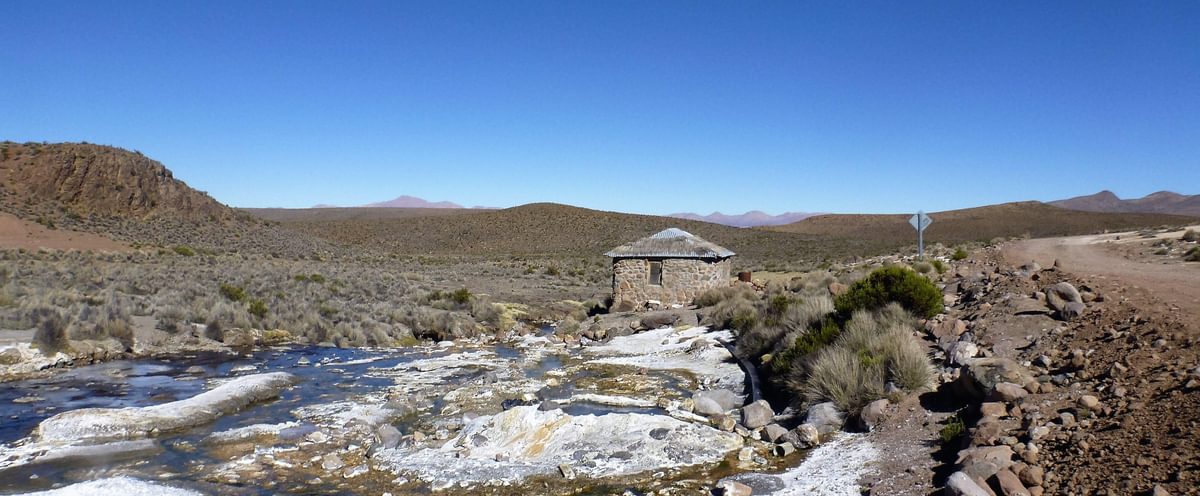
Later that night I was startled to hear knocking on the door and a voice calling, ‘Senorita, senorita?’. The door handle was being rattled up and down. The knocking continued.
At that moment I realised how utterly vulnerable I was. I had no means of defence if the man tried to force his way in. There was no handy chair in the room for me to jam under the door handle, as in films; nothing to barricade the door with and no other means of escape. I quickly threw some clothes on and waited, heart pounding, praying the guy would leave. Luckily, shortly afterwards, he did.
Adrenalin kicked in – I had to decide whether to pack up and leave or stay until the morning before legging it. Exhausted after the day’s riding and with my porridge soaking overnight for breakfast, it seemed too much of a chore to pack everything away, creep out, find my other panniers and bike and continue riding uphill at altitude in the dark to find a place to wild camp. Tiredness overruled my anxiety: I decided to stay put.
An hour or so later, the man returned. This time, acting on impulse, I decided to confront him and explain that no, I had no intention of giving him what he wanted. Opening the door, I looked him in the eyes and told him, assertively yet politely, to go away and leave me alone; I wasn’t interested. The man was drunk but – thank goodness – not aggressive. He stumbled away, muttering.
Although shaken, I felt sufficiently confident that I wouldn’t hear from him again. After a poor night’s sleep, I crept out in the early morning, berating myself for letting my guard down. I had become too trusting and willing to accept kindness without question. When the man suggested I stay in a room, I had momentarily questioned my decision. It was as if my instinct raised an alarm that I chose to ignore. Thereafter, I changed my tactics. If I was to stay in any accommodation, I’d first find a female and ask for a safe place to stay. The following night, in the grottiest-looking room on the whole trip, I felt safe and slept like a baby.
It’s important to put this experience into perspective: it was one evening out of countless nights, over a period of many months. I still maintain that most people in the world are inherently good people, with no wish to harm others. Many people looked out for me and treated me well in every country I visited. Army trainees in Ecuador insisted that I camp behind their station, feeding me dinner and ensuring that I had a private space to wash. Male workers in Chile waved me over at a salt mine I was passing, insisting I take water and sandwiches. In Argentina, a physio treated me for free, while in Ecuador I was given shelter and endless smiles during monsoon storms. Turkish road engineers in Kazakhstan provided accommodation, a memorable night out at a Jewish circumcision party and too much vodka for my (by then) depleted tolerance. Occasional offers of sex were generally unthreatening, if not bewildering or bemusing (you’re half my age – really?). I declined. I did enjoy a great hug in Santiago though.
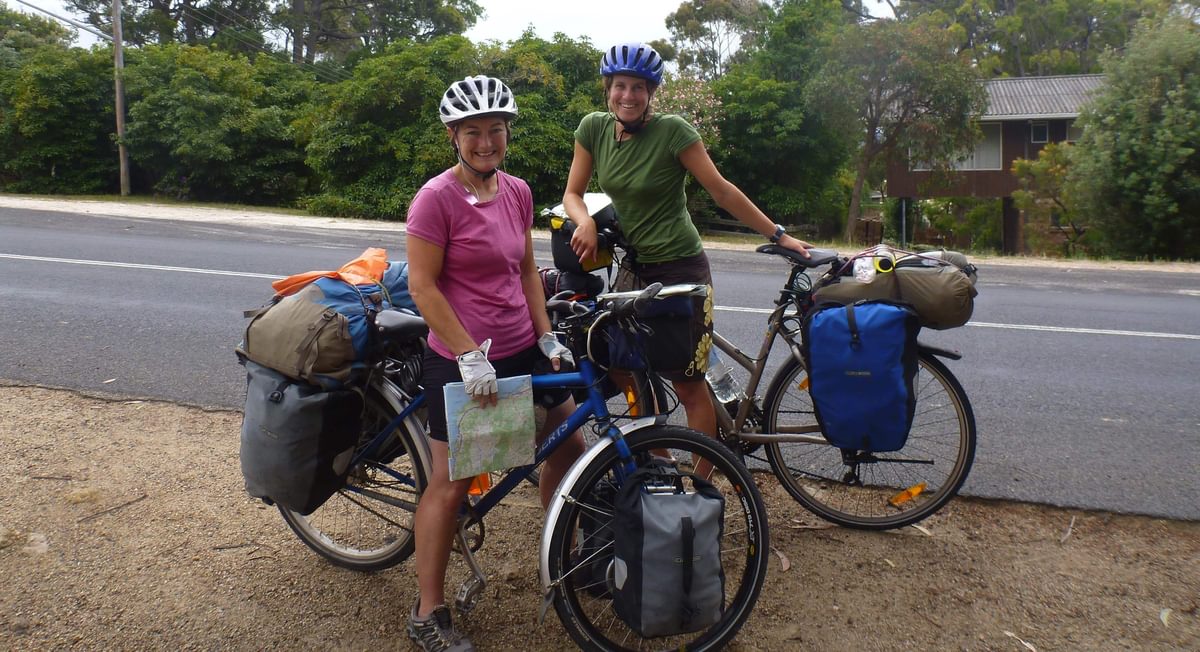
Sharing stories
I LOVED my journey and am proud of what I accomplished. I would encourage women and men to travel solo, in a style that suits, if it’s right for them.
My concerns regarding solo female travel are much more along the lines of how, as women, we share our stories to inspire others, celebrating our achievements and successes without shouting? Many women (and men) don’t care for the ‘faster, higher, further, RAAAAAH’ media-induced hype that some sponsors crave to sell stories. As a woman who has travelled extensively on her own, through fairly challenging terrain, weather and psychological responses, I care little to boast about mileage covered, how arduous certain sections were – the blood, sweat and tears approach. For all my principles, it still doesn’t sit perfectly comfortably to acknowledge some of the attributes required for such an adventure: courage, risk-taking, being intrepid. I’m embarrassed to admit that I compared myself negatively with men (I cycled for nearly two years yet Al Humphreys did four) and am hesitant to publicly celebrate success.
I’m lucky in that I know many incredible women who have achieved awe-inspiring feats in the outdoors, yet we don’t always get the opportunity to hear their stories. It’s time to speak up, acknowledge the different attributes the sexes bring and celebrate them all. I urge all female adventurers to write and speak more, so that others might be inspired to realise their ambitions. Life is short. Live your dreams – however large or small the adventures – then come home and spread the word.
Thank you Cicerone for the opportunity to share my experiences. I think I’ll write that book after all…
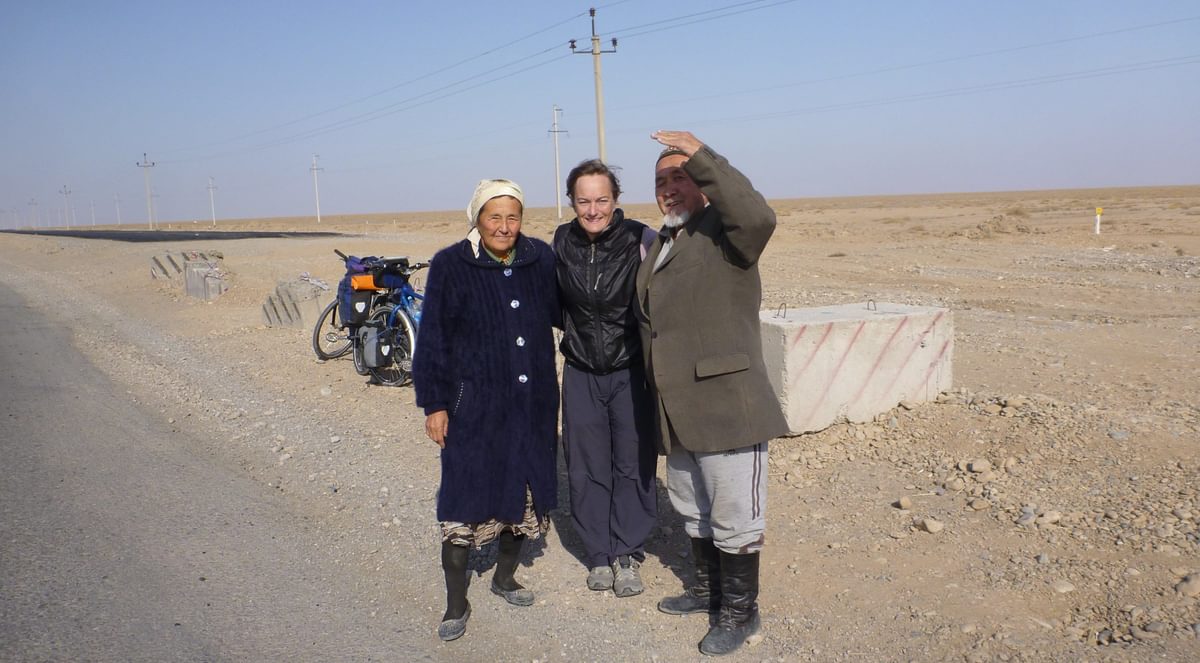
To read more articles like this get our newsletter
Sign up for 20% off your next purchase and to be the first to hear about exclusive competitions, special offers, and news from Cicerone.







